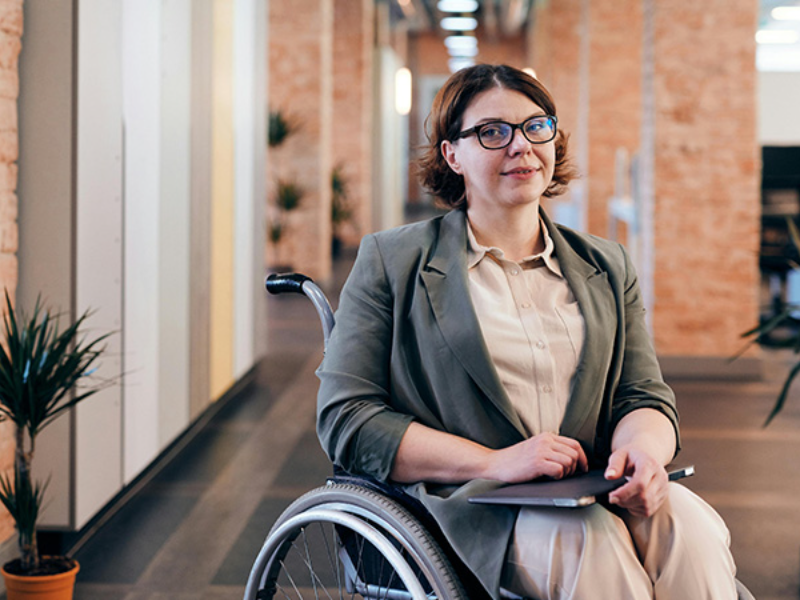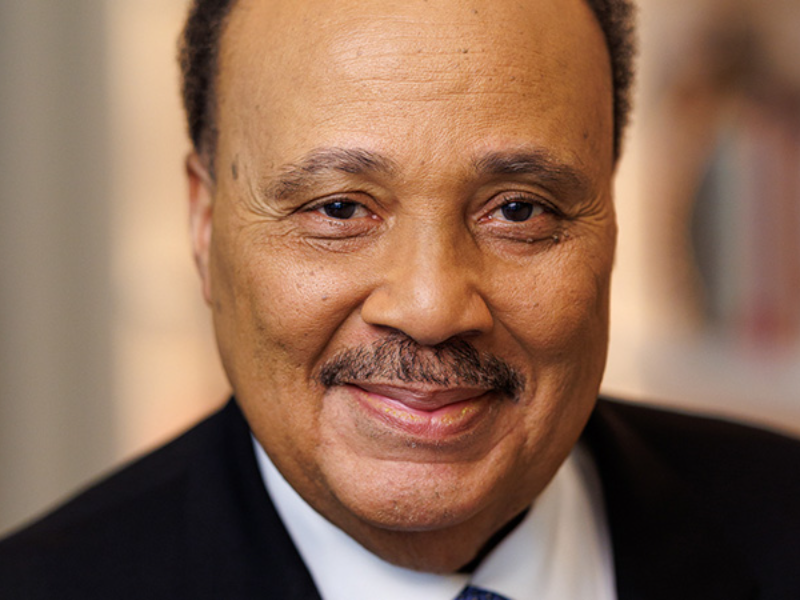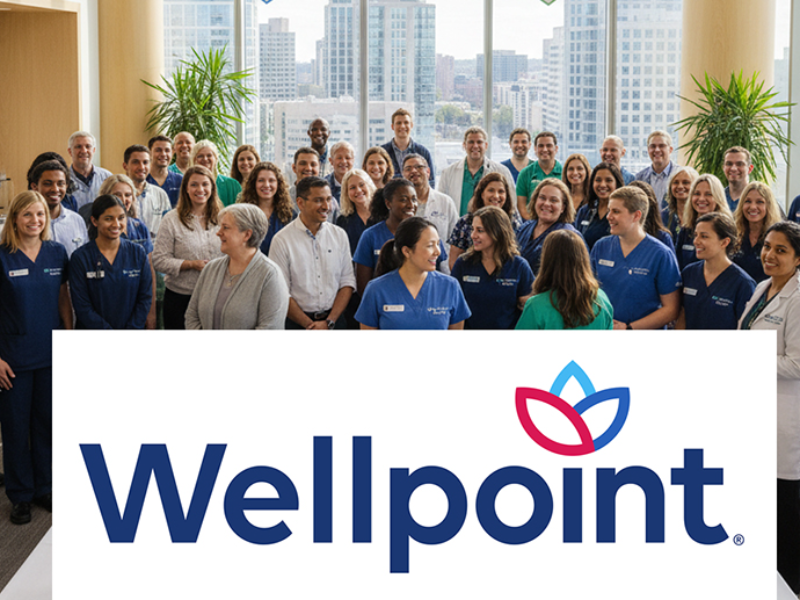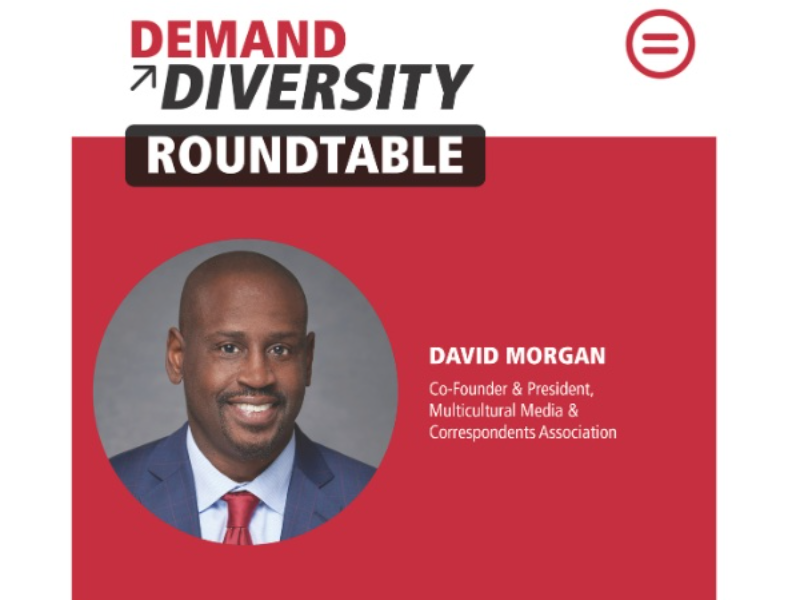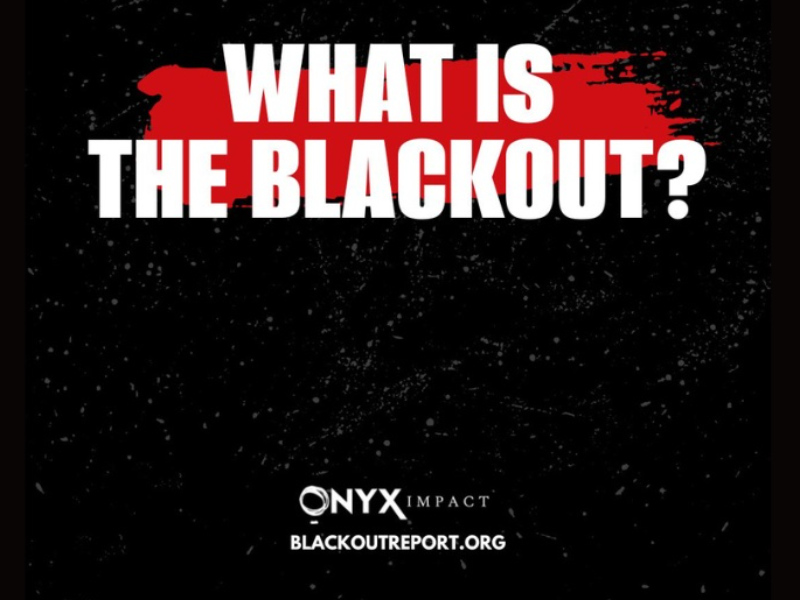Why Disability Inclusion in the Workplace Matters: Tips for Employers

Articulated Insight – “News, Race and Culture in the Information Age”
 2024 Diversity MBA Authored by: Yajaira Delgado Disability Inclusion in the Workplace
2024 Diversity MBA Authored by: Yajaira Delgado Disability Inclusion in the Workplace

Disability Inclusion Source: DMBA ILI 2023 Workplace inclusion means more than just meeting a quota—it’s about creating an environment where everyone, including people with disabilities, feels valued, respected, and empowered to succeed. This kind of culture is essential for building a truly supportive and diverse workforce. Yet, many people with disabilities hesitate to disclose their conditions, often fearing discrimination or a lack of understanding.
This highlights the urgent need to prioritize disability inclusion through concrete actions like offering reasonable accommodations, providing diversity training, and fostering genuine respect. Having recruiters who specialize in engaging with people with disabilities can also make a huge difference in creating a more inclusive hiring process. Embracing these inclusive practices not only supports employees with disabilities but also enriches the entire workplace, making it a more compassionate, equitable, and dynamic space for everyone.
The US census has improved their ability to capture generations and identity in the labor force; and most of the demographics aligns with the DMBA Index except for People With Disabilities (PWD) at 19.1 percent (census) and 5 percent in the workforce; .2 percent decline since 2022.

Promoting Inclusion 67% of persons with disabilities want a disability friendly environment. A disability-friendly environment is essential as it includes accessible facilities, ensures comfort and safety by accommodating specific needs, and signals respect and value to employees with disabilities.
Additionally, creating such an environment helps organizations comply with legal requirements, promoting both ethical and legal responsibility. 73% of personas with disabilities want flexibility. A disability-friendly environment is crucial as it provides accessible facilities, ensures safety by meeting specific needs, and shows respect for employees with disabilities.
It also supports organizations in meeting legal obligations, reflecting a commitment to both ethical and legal standards. 70% of persons with disabilities want opportunities and career growth. People with disabilities (PWDs) seek equal opportunities for advancement, including access to training, mentorship, and promotions.
Their unique skills and perspectives can greatly enhance organizational success, especially when given chances to grow and develop. Career advancement also provides financial stability, which is crucial for managing the additional costs associated with disabilities. Recognizing and valuing the contributions of PWDs through opportunities for growth boosts morale and job satisfaction.


Pam McElvane is the CEO & Publisher of Diversity MBA Media.
#DisabilityInclusion #WorkplaceDiversity #InclusiveWorkplace
